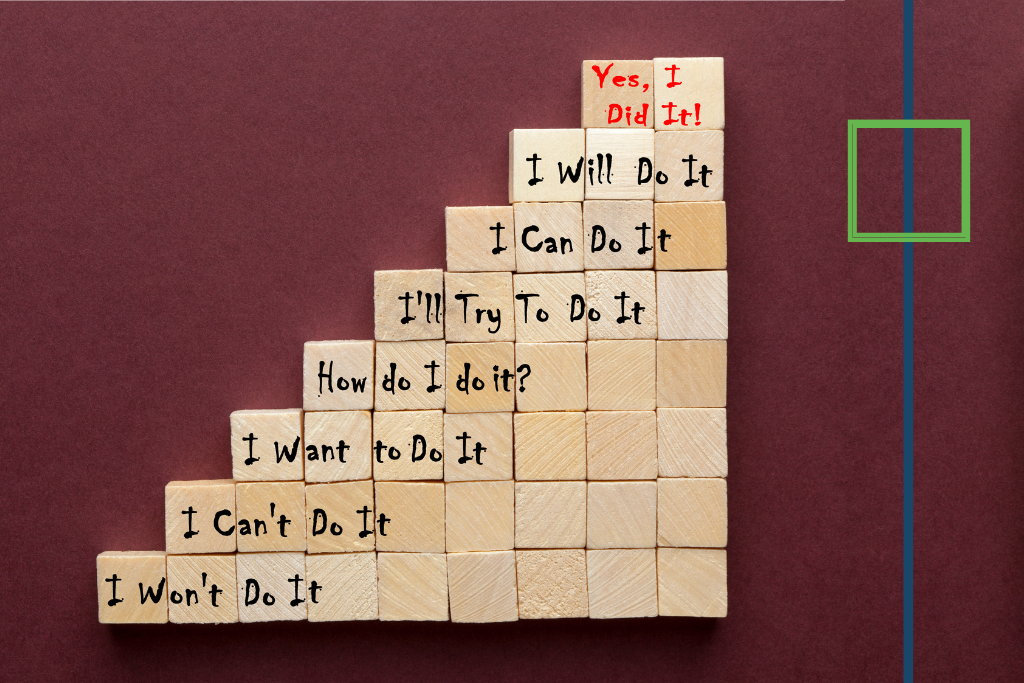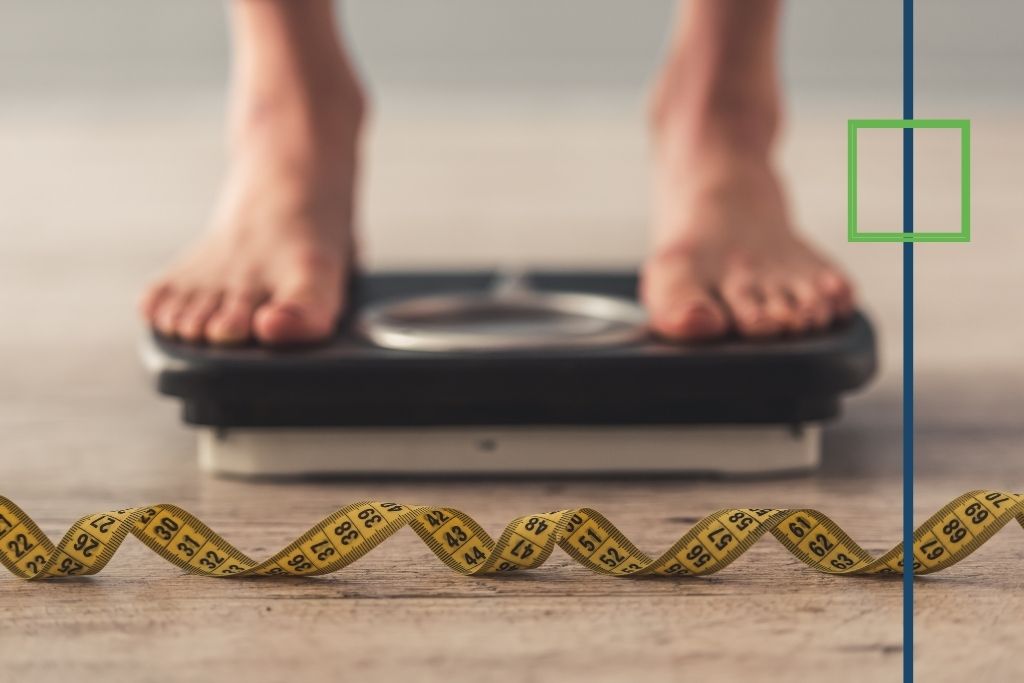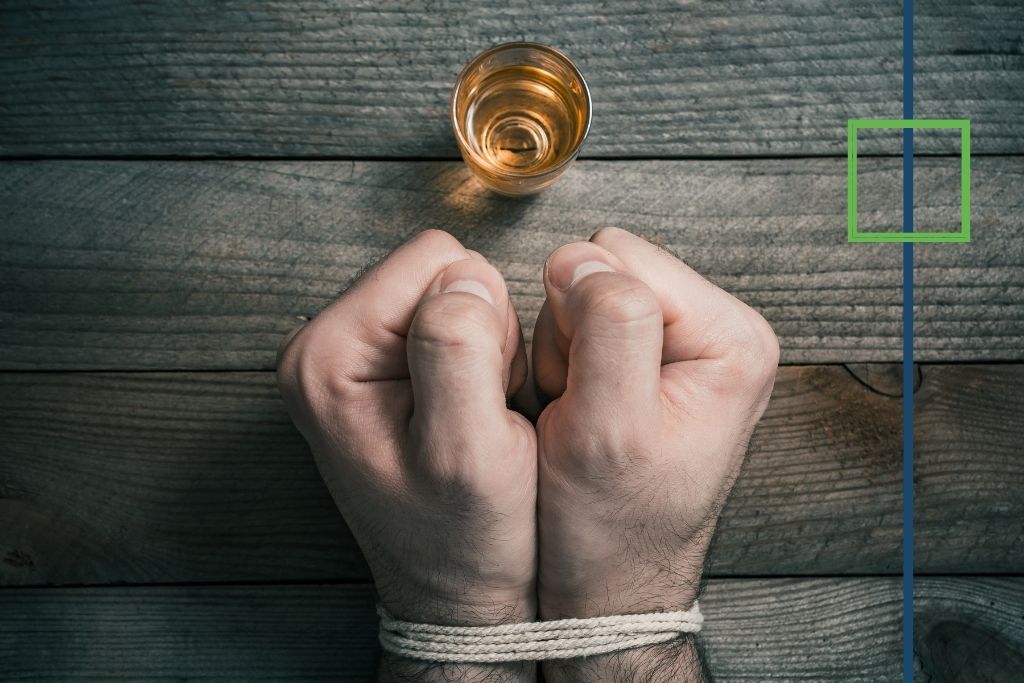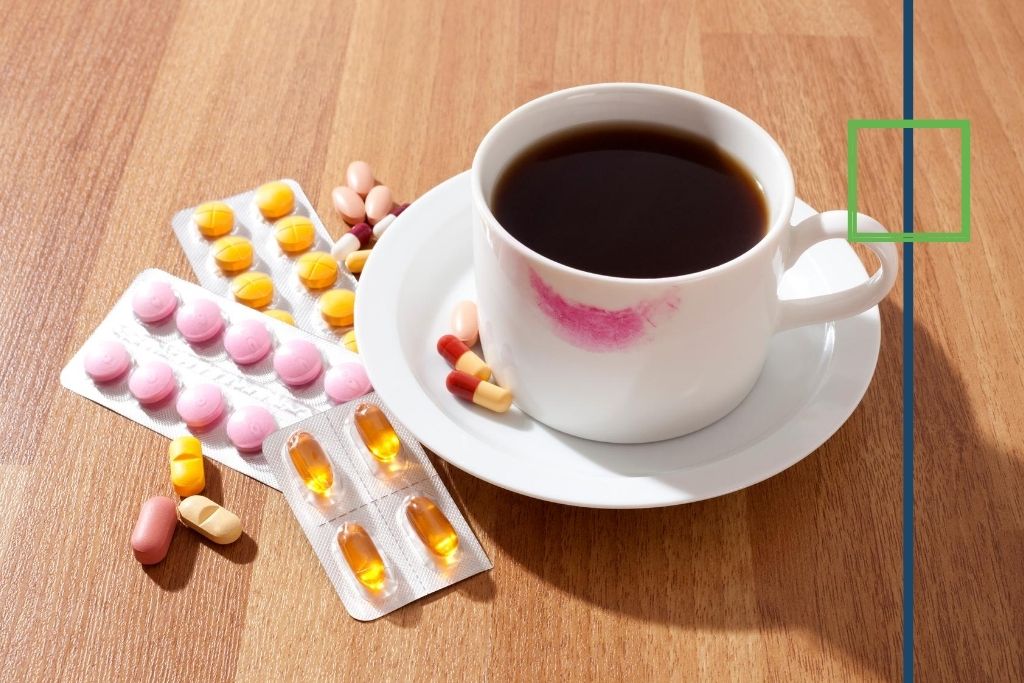Millions of people consume alcohol every year to help them be more social or to help cope with feelings of sadness and depression. What many people don’t know is that alcohol is actually both a stimulant and a depressant.
Acting on the Central Nervous System, alcohol can greatly affect the way an individual feels and behaves. Alcohol enhances the effects of GABA, a neurotransmitter, and consequently slows down brain functionality in the consumer. This can lead to symptoms including anxiety, stress, and irritability.
How much alcohol an individual consumes will be the main determining factor on the effects they feel. The more immediate effect of alcohol is that of a stimulant. As seen in social settings, an individual will have a drink or two and they become more chatty, energized, and ready to take on the role of “the life of the party”. This feeling is what most people hope to reach when they drink socially. Once an individual drinks more alcohol than their body can tolerate, they begin to experience the sedative effects such as impaired cognitive function. Heavy drinking can result in negative side effects such as a hangover or blackout.
Based on research, it is understood that some people do not respond as easily to the sedative effects of alcohol. These individuals are more likely to develop an alcohol addiction because they drink larger amounts of alcohol to achieve the same effects. They are also at a higher risk of experiencing negative side effects of alcohol and overdosing.
Effects Alcohol Has on the Mind & Body
As mentioned above, alcohol binds to the GABA, gamma-aminobutyric acid, receptors in the brain. GABA is responsible for feelings associated with slowed heart rate and breathing, such as calmness, relaxation, and depression. Alcohol also affects 2 other neurotransmitters: glutamate and dopamine. Brain function changes caused by alcohol, such as memory loss (blackouts), are caused by inhibition of the glutamate neurotramitter. On the other hand, dopamine is released by alcohol consumption and creates a pleasurable sensation.
When enough alcohol is consumed to trigger the depressant effects of alcohol, the individual also starts to experience impaired judgment, blurred vision, difficulty concentrating, and reduced reaction time.
Does Alcohol Cause Depression?
If alcohol is a depressant, then does that mean that it is a cause for depression? Can you become depressed simply by drinking wine and liquor? These are reasonable questions considering alcohol does alter the chemistry of the brain.
One night of heavy drinking will reduce the “feel good” neurotransmitters available for a period of time, but within a matter of hours, the body will begin to produce more, balancing out the brain chemistry. However, continuous drinking over days, weeks, months, and years does not allow an opportunity for one’s brain and body to recover. This means that, yes, alcohol abuse can lead to episodes of depression. In fact, a correlation between long term alcohol use and mood disorders has long been observed by scientists. People who have a predisposition for depression or who have already been struggling with a mood disorder are more likely to develop a dependence on alcohol.
Commonly Prescribed Depressants
Alcohol is not the only substance commonly used in America that is a depressant. Many of them are frequently abused by individuals and they are addictive. Other common depressants include:
- Xanax
- Valium
- Halcion
- Ativan
- Klonopin
- Librium
If you are prescribed any of these substances, it is important to be careful about how much you take, how often you take it, and why you are taking it. Never take more than the prescribe amount of one of these substances, and be honest and open with your care provider about your usage.
Effects of Abusing Depressants
When alcohol or any of these other depressants are abused, there are serious short term and long term side effects. The effects may include:
- Slurred speech
- Depression
- Nausea
- Vomiting
- Low blood pressure
- Decreased heart rate
- Slowed breathing
- Fatigue
- Light-headedness
- Dizziness
- Impaired motor skills
- Seizures
- Death
Seek Help for Alcohol Addiction
If you or a loved one is struggling with dependence on alcohol or another depressant, get help from a trusted alcohol detox and addiction treatment center. Contact Level Up Lake Worth today!





